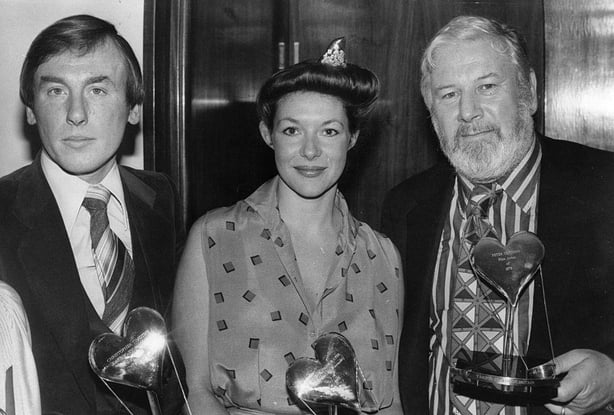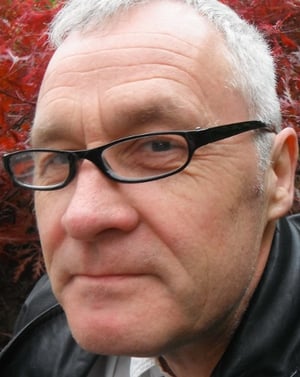Carol Drinkwater played Helen Herriott, the vet’s wife, in the popular TV series All Creatures Great and Small. The Irish actress has also enjoyed an outstanding literary career, having sold over a million copies of her 21 books to date in particular her books detailing the highs and lows of life in the south of France. She's now published her first work of fiction and has been speaking to Paddy Kehoe.
The fascinating surname Drinkwater raises questions, naturally enough, and when one hears something about an Irish family background, it seems instinctive to begin my conversation with Carol Drinkwater on the matter of her Irishness.
The 68-year old actress and writer was born in Islington, but she grew up on a farm run by her grandparents in Coolraine, County Laois. Her 91-year old mother died just a few months ago - she had lived in Kent, and latterly with Carol in France, but had missed Ireland very much during her final months. She too was a Laois woman, her maiden name McCormack, her parents had come from County Kilkenny. Carol’s father was British, and as a professional entertainer he adopted the name Regan as his stage name. He had Irish grandparents.
 Carol pictured with All Creatures Great and Small co-star Christopher Timothy, and actor Peter Ustinov in 1979.
Carol pictured with All Creatures Great and Small co-star Christopher Timothy, and actor Peter Ustinov in 1979.
“He was `Regan’ all his life,” Carol says of her dad. “Mummy and I kept the family name, Drinkwater, so we were like different people living in the same house in different families, as it were.” Carol really should be the subject of Who Do You Think You Are? as the leaves of her family tree are variegated and interesting.
Drinkwater is an English surname, in any case, and not an Anglo-Irish name, as has been reported. Back in the 7th century it may have been a nickname for someone who drank water - drinking cheap ale was the best option then, health-wise.
Carol is married to a Frenchman, Michel, a documentary film-maker, and her quartet of memoirs about her beloved olive farm of some 16 acres in Provence number among her most successful literary works. The grove comprises the original 68 trees which are 400 years old and she and Michel planted a further 200.
She travelled through France, Morocco, Sicily, Algeria, Spain, Lebanon and Syria to research the olive tree for two travel books, The Olive Route and The Olive Tree. She ventured throughout Syria with a driver and translator, knew pretty much where she wanted them to bring her and was in Syria in fact when 9/11 occurred. In the Middle East, she was careful about appropriate dress and did not wander about in shorts. “I always travelled - and I made sure it was Ralph Lauren - with a beautiful black scarf.”

Her latest novel, The Forgotten Summer, is set in her adopted Provence. It is the 1970s, and the Cambon’s grape harvest has been ruined. Clarisse Cambon places the blame firmly on her English daughter-in-law Jane, who is married to her son Luc.
”She is the mother-in-law from hell by anybody’s standards,” says Carol. “But by the end of the book, I think there is a redeeming secret, as it were. I think that it’s only when you get to the last chapter that you understand what it is she has been protecting and holding on to.”
Carol is thinking of moving to live in the Bantry area and her passport is Irish ever since she marched in protest against Tony Blair at the time of the Iraq invasion. “I never travel on an English passport,” she says, “and now with Brexit, aren’t I glad?”
The Forgotten Summer is out now.

